Securing financing is one of the biggest hurdles for small business owners. Whether you’re launching a startup, looking to expand your existing business, or need working capital, navigating the financial landscape can be daunting. This is where SBA loans are a powerful tool to alleviate these challenges. This blog post will explore everything you need to know about SBA loans, their benefits, how to apply, and more. By the end of this comprehensive guide, you’ll be well-equipped to make informed decisions about your funding options.
What Is an SBA Loan?
An SBA loan is a government-backed loan designed to help small businesses obtain financing that they may not qualify for through traditional lending sources. The Small Business Administration (SBA) guarantees a portion of the loan, reducing the risk for lenders and making it easier for businesses to secure the necessary funds.
SBA loans are ideal for a variety of businesses, including startups, existing businesses looking to expand, minority-owned businesses, women-owned businesses, veteran-owned businesses, and businesses with poor credit histories. They offer flexibility and favourable terms that can significantly benefit your business.
Types of SBA Loans
7(a) Loan Program
The 7(a) Loan Program is the most popular SBA loan and provides general working capital and real estate financing. It’s versatile and can be used for various purposes, including purchasing equipment, refinancing debt, and buying real estate.
504 Loan Program
The 504 Loan Program is specifically designed to finance major fixed assets like real estate and equipment. It offers long-term, fixed-rate financing and is ideal for businesses looking to purchase or upgrade their facilities.
Microloans
Microloans are smaller loans designed for startups and small businesses. They provide up to $50,000 in funding and are perfect for businesses that need a small initial investment to get off the ground.
Disaster Loans
Disaster loans provide assistance to businesses affected by natural disasters. They can be used to repair or replace damaged property, machinery, and equipment and cover the costs of maintaining operations during recovery.
Benefits of SBA Loans
One of the primary benefits of SBA loans is their lower interest rates compared to traditional loans. This makes them more affordable and helps businesses manage their cash flow effectively. Additionally, SBA loans offer longer repayment terms, allowing for smaller monthly payments that can be easier to manage.
SBA loans also have easier qualification criteria compared to conventional loans. The SBA guarantee reduces the risk for lenders, making them more willing to work with businesses that may not meet the strict requirements of traditional loans.
How to Apply for an SBA Loan
Eligibility Requirements
To qualify for an SBA loan, your business must meet specific eligibility criteria. These include being a for-profit business, operating within the United States, and meeting the SBA’s size standards. Additionally, your business must demonstrate the ability to repay the loan.
Necessary Documentation
When applying for an SBA loan, you’ll need to provide various documents, including a business plan, financial statements, tax returns, and a detailed description of how you plan to use the loan funds. This documentation helps lenders assess your business’s financial health and repayment ability.
Finding an SBA-Approved Lender
To apply for an SBA loan, you’ll need to work with an SBA-approved lender. Fortitude Strategic Solutions can help you find the right lender and guide you through the application process, ensuring you meet all the necessary requirements.
SBA Loan Requirements
Business Size and Type
Your business must meet the SBA’s size standards, which vary by industry. Generally, these standards are based on the number of employees or annual revenue. The SBA website provides detailed information on size standards for different industries.
Credit Requirements and Repayment Ability
While SBA loans are more accessible than traditional loans, lenders still require a good credit history and the ability to repay the loan. A strong business plan and financial projections can help demonstrate your repayment ability.
Necessary Collateral
Collateral is often required to secure an SBA loan. This can include real estate, equipment, or inventory. The SBA guarantees a portion of the loan, reducing the risk for lenders, but collateral provides additional security.
SBA Loan Fees
Guarantee Fees
SBA loans come with guarantee fees, which are a percentage of the loan amount. These fees help cover the cost of the SBA guarantee and are typically lower than fees associated with traditional loans.
Servicing Fees and Other Potential Costs
In addition to guarantee fees, there may be servicing fees and other potential costs associated with SBA loans. It’s essential to understand these fees and factor them into your overall financing plan.
Common Misconceptions About SBA Loans
There are several misconceptions about SBA loans that can deter businesses from pursuing this valuable financing option. One common myth is that SBA loans are grants, which they are not. SBA loans must be repaid, and they come with specific terms and conditions.
Another misconception is that SBA loans are only for businesses in financial distress. In reality, SBA loans can benefit a wide range of businesses, including those looking to expand or improve their operations.
Pros & Cons SBA Loans
Pros of SBA Loans
- Low-interest rates
- Long repayment terms
- Access to funds quickly
- Flexible terms and lending criteria
- Opportunity for business owners with poor credit history to access capital
Cons of SBA Loans
- The complex Loan Application process
- High eligibility requirements and long wait times for approval
- Difficult to qualify for larger amounts or if your business is new or has a bad credit score
- Require Collateral which can be difficult to provide in some scenarios
- Strict guidelines and paperwork due to government oversight
Conclusion
SBA loans offer numerous advantages for small businesses, including lower interest rates, longer repayment terms, and flexible qualification criteria. They can be a valuable tool for securing the financing needed to start, grow, or sustain your business.
If you’re considering an SBA loan, it’s essential to consult with an SBA-approved lender or a trusted advisor like Fortitude Strategic Solutions. We can help you explore your options, guide you through the application process, and find the best loan for your needs.
Don’t wait to take your business to the next level. Contact Fortitude Strategic Solutions today to get started with your SBA loan application and unlock the potential for growth and success.
